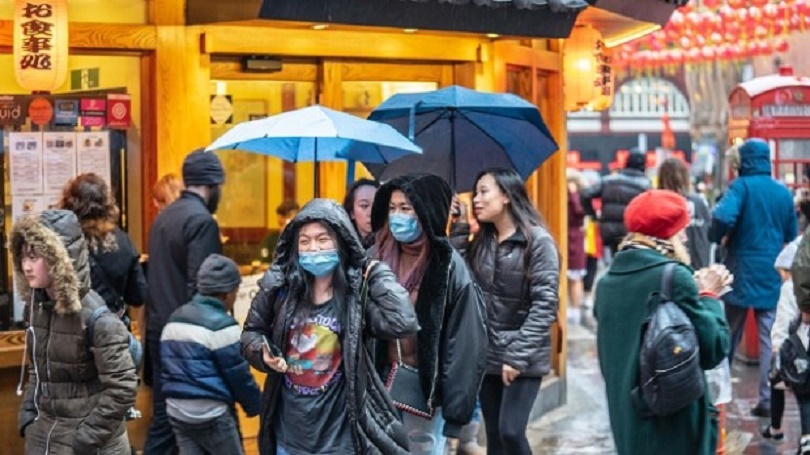Coronavirus to have “significant” effect on economy, daigou trade

The global threat of the Coronavirus is becoming more and more apparent – not just in terms of the obvious health risks but also the economic damage to businesses that trade in China, source products from China, or rely on Chinese tourists for sales.
New Zealand Prime Minister Jacinda Arden on Thursday confirmed the country would join other international players in efforts to contain the virus, instituting a 14-day temporary travel ban to restrict entry from foreign nationals travelling from China.
“It is critically important that we both protect New Zealanders from the virus and play out our part in the global effort to contain it,” Arden said.
“I am particularly mindful that we are a gateway to the Pacific, and must factor that into our decision making.”
And Australian Treasurer Josh Frydenberg, after first declaring it was “too early” to give a definitive view of the potential economic risk the virus would have on the country earlier this week, has now deemed the likely impact to be significant.
“We don’t know how severe and sustained the spread of coronavirus will be, we know that the impact on the economy will be significant but [we are] having the flexibility to respond as required,” Frydenberg said.
While the full impact is yet to be seen, several retailers have noted depressed consumer confidence, already battered after the bushfire-laden holiday season, dropping further on fears of a global virus.
Nick Scali said on Thursday it would refrain from forecasting its performance through the second half of FY20 due to the concerning consumer behaviour.
A Woolworths spokesperson told Inside Retail the business is actively monitoring the situation unfolding in Asia, including the health of its staff, but has yet to see any supply or procurement disruptions.
Aromababy founder Catherine Cervasio told Inside Retail the business, which has traded in China for over a decade, had yet to see major issues in terms of its business but is certainly seeing more general impacts in the region.
“[For example] fresh produce. Lobster and seafood in particular is losing important export dollars resulting in a reduction of prices in the domestic market as suppliers struggle to offload stock,” Cervasio said.
Cervasio also said the designer goods, personal care and supplements markets could see a hit domestically, due to the Government-enforced travel ban keeping inbound tourists from China out of the country.
“Inbound Chinese tourism has a positive effect on a range of retailers [such as] discount pharmacy, for example, and brands who rely heavily on the daigou trade.”
Last week daigou-focused business AuMake reassured investors that it was well positioned to deal with any impacts the business may encounter due to the virus.
“Management is receiving up-to-date, accurate information as it comes to hand via relationships developed over the last 20 years with over 50 travel agents in China, placing the Company in a position to manage the situation adequately,” the company said in a statement to the ASX.
In a speech to the national press club, Reserve Bank of Australia governor Philip Lowe admitted that while the potential global issues created by the Coronavirus could be modelled on the SARS outbreak, China’s more central place in the global economy would likely cause larger spillover issues.
“On that occasion [SARS], there was a sharp slowing in output growth in China for a few months, before a sharp bounce-back,” Lowe said.
“Today, China is a larger part of the global economy and it is more closely integrated, including with Australia, so the international spillovers could be larger than they were back in 2003. Much will depend on the success of the various efforts to control the virus so we are monitoring developments closely.”
Comment Manually
You must be logged in to post a comment.

No comments